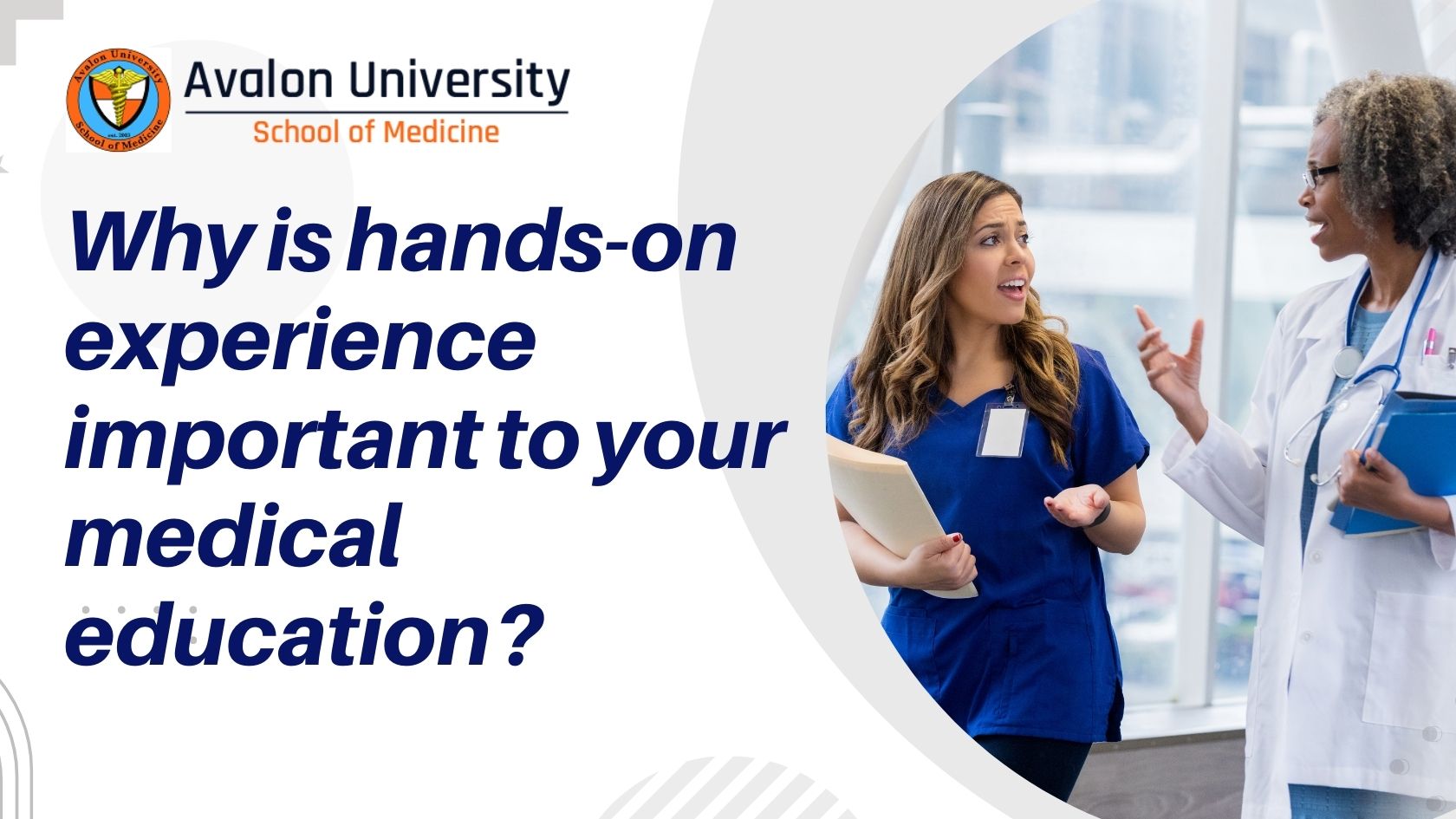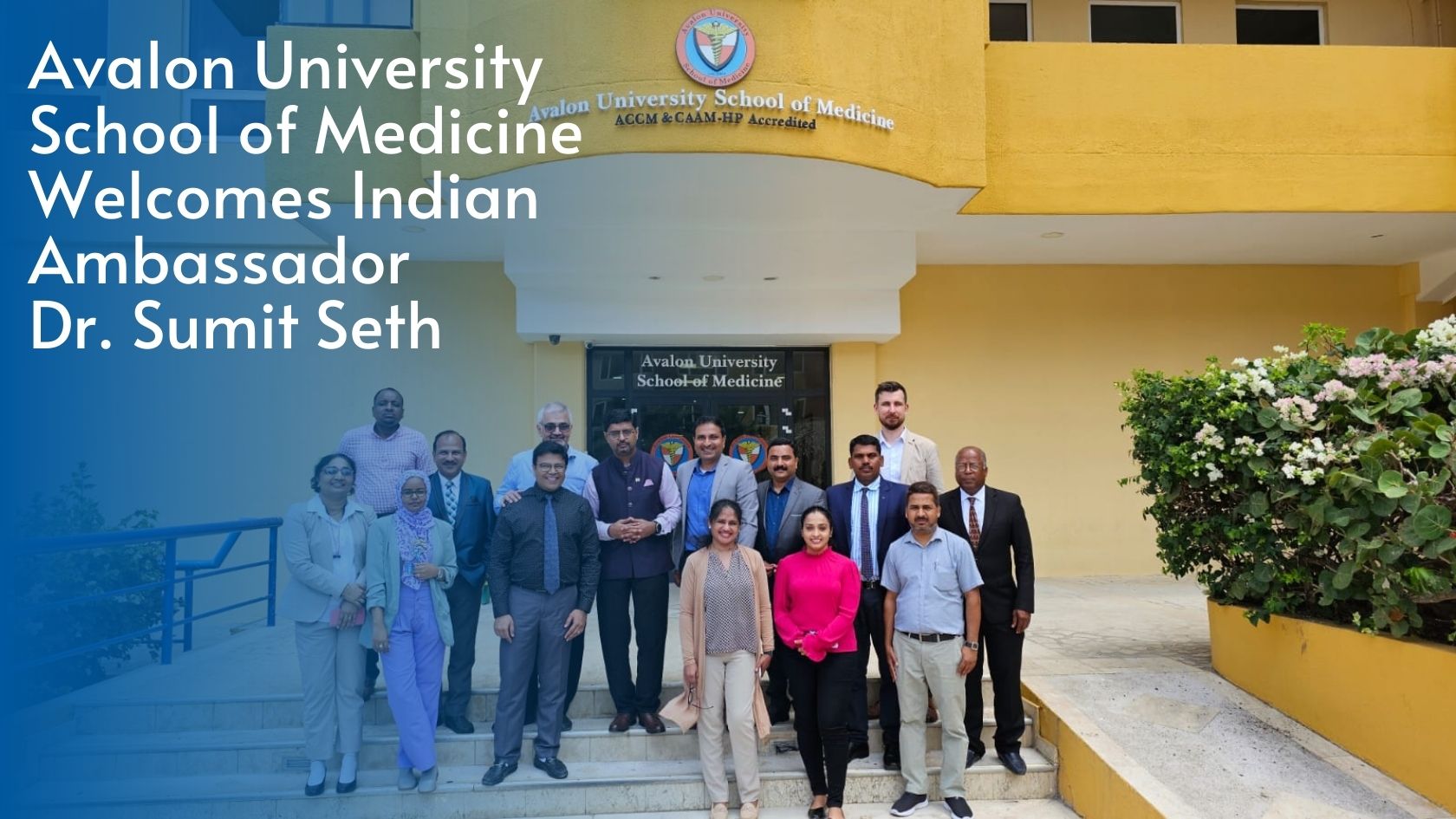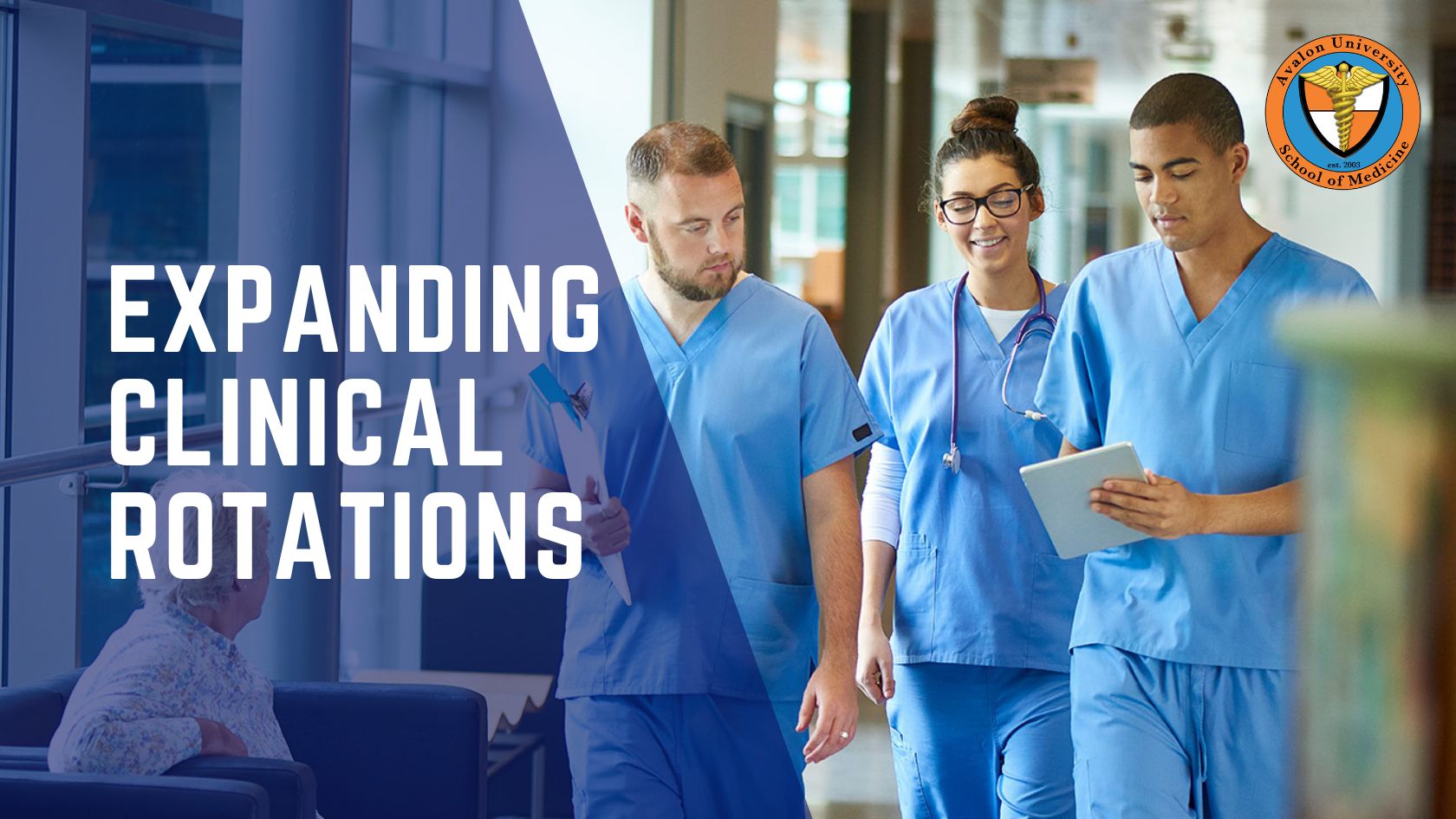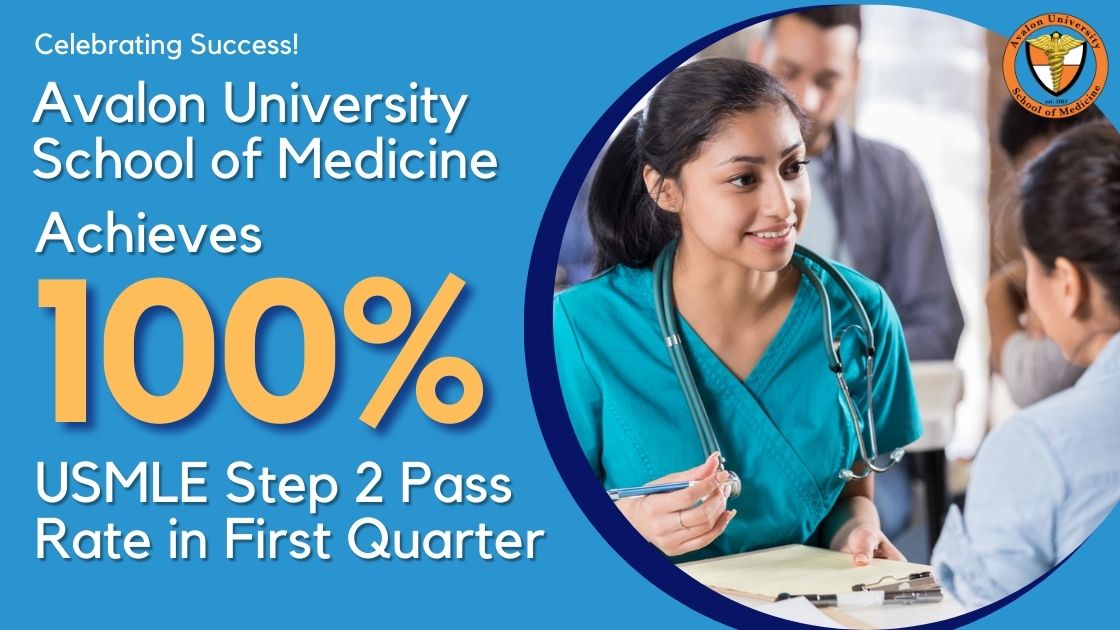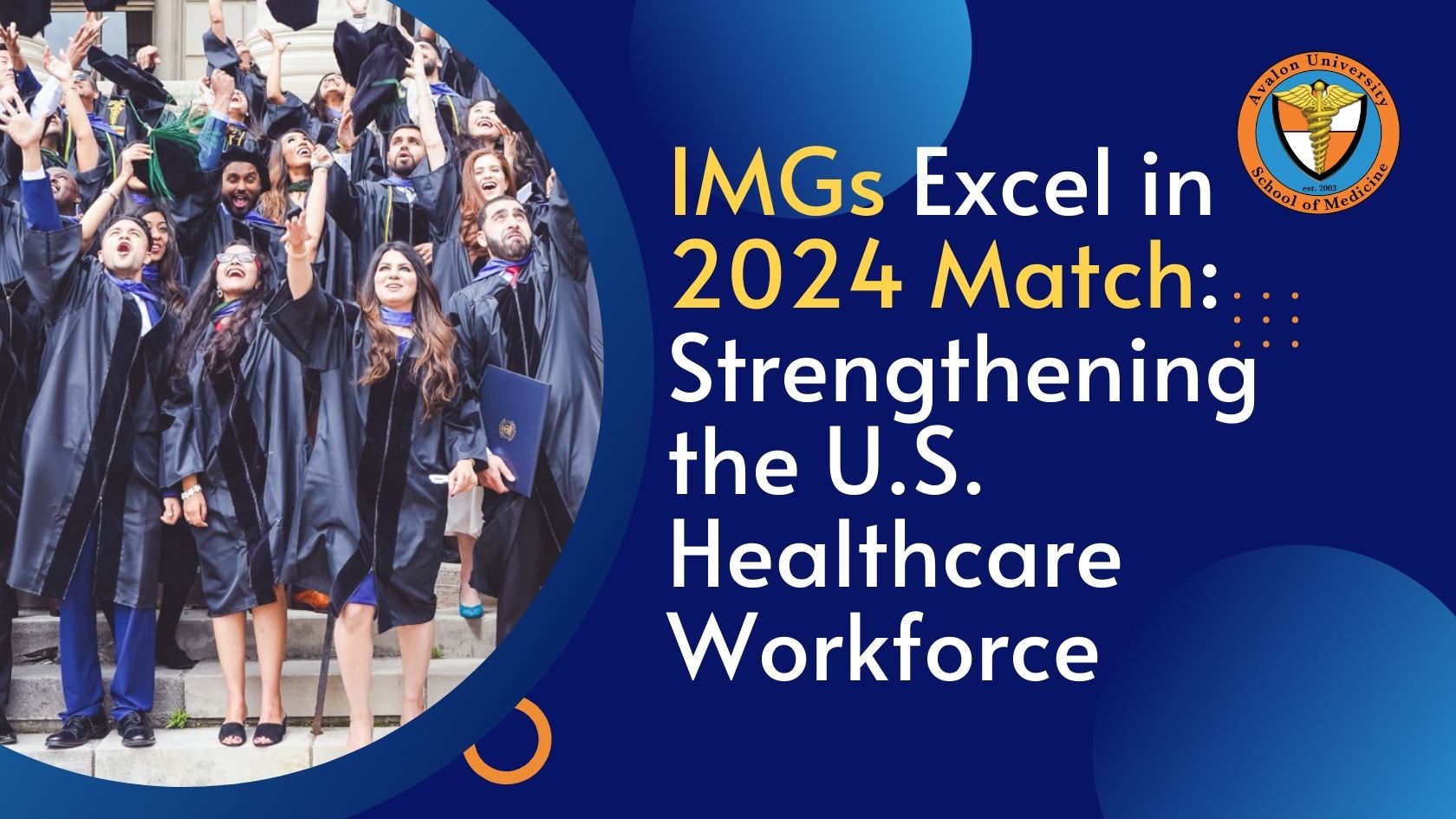The Crucial Role of Clinical Rotations and Hands-On Experience in Shaping Future Healthcare Professionals
Why is hands-on experience important to your medical education?
Medical education is a journey that extends beyond textbooks and classrooms. While theoretical knowledge lays the foundation, it is the hands-on experience gained through clinical rotations that truly transforms aspiring medical professionals into competent practitioners.
1. Application of Theoretical Concepts:
In the classroom, students absorb theoretical concepts, ranging from anatomy and physiology to disease pathology and treatment methods. However, it is during clinical rotations that these concepts come to life. Students can apply their textbook knowledge to real patients, helping them understand how medical theories translate into actual practice. This practical application reinforces their understanding of the subject matter and provides a context that textbooks alone cannot offer.
2. Exposure to Real-World Scenarios:
Classroom scenarios are often simplified to illustrate specific concepts, but real healthcare settings are dynamic and unpredictable. Clinical rotations expose students to the complexity of real-world scenarios, where patients present with a myriad of symptoms, and healthcare teams must navigate multifaceted challenges. This exposure prepares students to think critically, adapt to unforeseen circumstances, and develop problem-solving skills – essential attributes for competent healthcare professionals.
3. Development of Clinical Skills:
While theoretical knowledge lays the groundwork, clinical rotations are where students hone their clinical skills. Whether it is conducting physical examinations, interpreting diagnostic tests, or performing medical procedures, hands-on experience is irreplaceable. The repetitive nature of these tasks during rotations contributes to skill mastery, ensuring that students are proficient and confident in their abilities as they progress in their medical careers.
4. Integration of Interdisciplinary Knowledge:
Healthcare is a collaborative field that requires professionals to work seamlessly across various disciplines. Clinical rotations facilitate the integration of interdisciplinary knowledge by exposing students to interactions with nurses, pharmacists, therapists, and other healthcare team members. This collaborative experience enhances their understanding of the comprehensive nature of patient care and fosters effective communication and teamwork.
5. Patient-Centered Care:
Clinical rotations shift the focus to the patient, emphasizing patient-centered care. Students learn to consider not only the medical aspects of a condition but also the psychosocial and cultural factors that influence a patient’s well-being. This holistic approach is a cornerstone of effective and compassionate healthcare practice.
6. Exposure to Diverse Patient Populations:
Clinical rotations expose students to a diverse range of patients with varying medical conditions, backgrounds, and cultural perspectives. This exposure enhances their cultural competence and prepares them to provide equitable and patient-centered care to individuals from different walks of life. Understanding the diversity within the patient population is crucial for delivering inclusive healthcare.
7. Ethical Decision-Making:
Theoretical discussions on medical ethics take on a practical dimension during clinical rotations. Students encounter ethical dilemmas and are required to make decisions that align with ethical standards and patient well-being. This hands-on experience in navigating ethical challenges prepares them for the ethical complexities they may face throughout their careers.
The transformative power of clinical rotations and hands-on experience in medical education cannot be overstated.
Aspiring healthcare professionals not only gain practical skills but also develop the resilience, empathy, and adaptability needed to navigate the ever-evolving landscape of healthcare. The journey from classrooms to clinical settings is a crucial phase that shapes the future of these individuals, molding them into compassionate and competent contributors to the field of medicine.
The integration of theory and practice, facilitated by clinical rotations, ensures that future healthcare professionals are well-rounded and capable of providing patient-centered care. It bridges the gap between academic knowledge and real-world application, fostering a deep understanding of the complexities inherent in healthcare. As we celebrate the importance of clinical rotations, we acknowledge their role in nurturing the next generation of healthcare practitioners who will make meaningful contributions to the well-being of individuals and communities worldwide.

